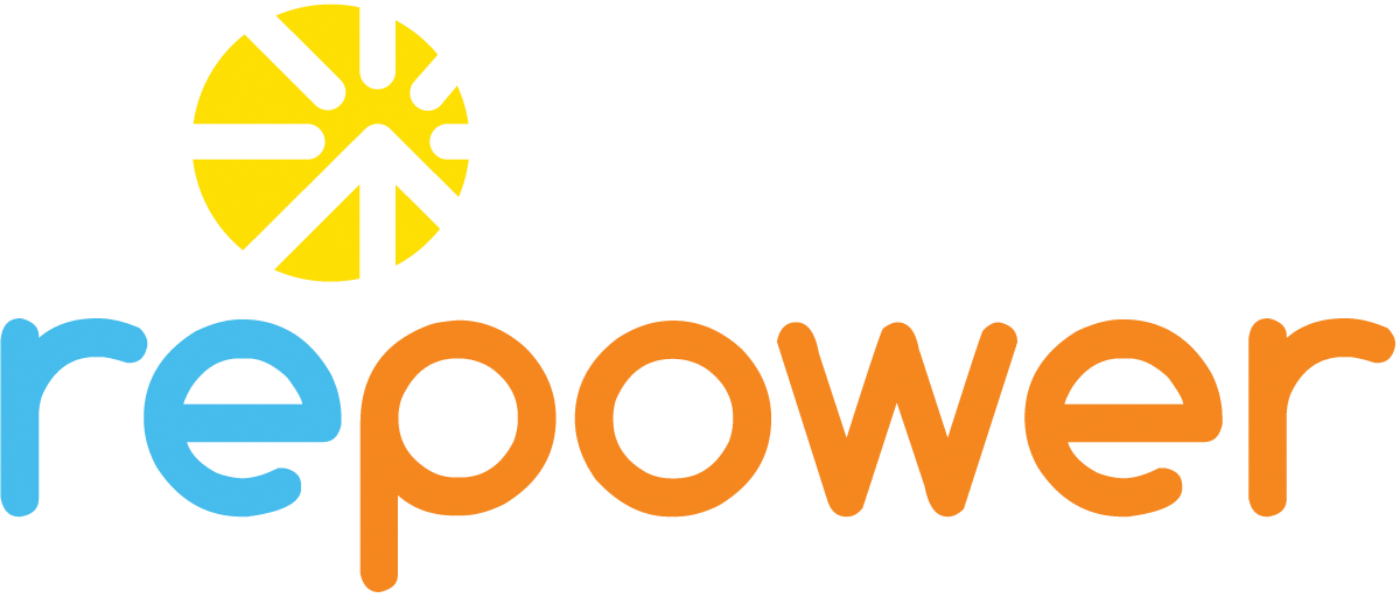As we’ve shared, every time a homeowner goes solar we donate $500 to the local nonprofit of their choice. We call this program “YoloShines,” in great part because we believe nonprofit organizations are the underlying fabric of our community — they make it shine! — and, thereby, we have a responsibility to support such groups.
Over the past year, seven Repower homeowners have selected Yolo Crisis Nursery (YCN) for their YoloShines gift; hence, we had the fortune of donating $3,500 to YCN in 2017. In an effort to shine a light on YCN and engage the community to join us in our support, here’s a quick profile of the organization.
First, a story that amplifies the impact of YCN:
About one year ago, a distraught young mom named Jess first came the Yolo Crisis Nursery. After the birth of Jess’s second child she was home alone with her newborn and her toddler, and realized she was having trouble caring for them both by herself. Jess’s decision to call the Nursery probably saved her baby’s life.
Over the phone, YCN staff invited Jess to bring both children to the Nursery, where we could care for them at no cost and give her a much-needed break. Once the family arrived, the situation took a dramatic turn. Executive Director Heather Sleuter looked at the baby and saw that he was far too listless. She asked when he had last been fed. Jess said she could not remember.
Heather directed one of our caregivers to comfort and care for the toddler and then drove both the baby and Jess to the hospital.
The emergency room staff attended to the child, successfully treating him for severe dehydration. The doctor told us the baby had come within hours of death. Meanwhile, Jess received the medical attention she needed. County authorities made arrangements for both children to move into temporary foster care.
While county officials and Jess worked toward family reunification, her health stabilized and the children eventually returned home. The family was then enrolled in YCN’s Family Life Skills Program. A Nursery staff member visited the family’s home for two hours a week for 12 weeks for hands-on parenting education. Families who complete our program significantly increase the likelihood that they will remain together,’
Today, a year later, this family is doing well. Jess is working and the children are happily enrolled in day care and preschool.
Wow. Thanks to Cam Stoufer with YCN for sharing the story of lives saved and changed.
All organizations have a purpose … Why does Yolo Crisis Nursery exist? The mission of the Yolo Crisis Nursery is to provide early intervention services to nurture healthy and resilient children, strengthen parents and preserve families. Our vision is that every child in Yolo County grows up in a safe, loving and stable home. The Nursery’s overarching goal is to prevent child abuse and neglect among young vulnerable children by partnering emergency childcare with wrap-around services for families in trauma or crisis. In doing so we keep children safe and families whole in our community.
In 2017, Yolo Crisis Nursery’s accomplishments included:
- Families receiving childcare services who did not become clients of CPS: 99%
- Families linked to case management counseling and community resources: 267
- Families completing referral to wrap-around services: 98%
- Children served and childcare slots provided: 178 (individual count - up 45% over previous year) and 2,342
Very significantly, 98% of the families the Nursery serves do not become clients of Child Protective Services.
Now, our punchline ... here’s how you can help (monetarily, personally, professionally): Yolo Crisis Nursery is a 501c3 nonprofit organization (Tax ID #47-1006055) which welcomes support from individuals, businesses, foundations, service and faith-based organizations in our community. The Nursery provides care packages to our families and in-kind support is always welcome in the form of diapers, formula, clothes toys and other items for children. Volunteer service projects occur throughout the year to maintain and enhance the Nursery facility for our children and families. Volunteer positions are available annually on the Board of Directors and ongoing as members of the Friends of the Yolo Crisis Nursery, the fundraising and advocacy auxiliary of the Nursery. Lastly, the community is invited to participate in the annual Krustaceans for Kids Crab Feed to support the Nursery’s programs. This year the Crab Feed will be held on Saturday, March 24 at the Woodland Community and Senior Center from 6:00 to 9:00 pm. Tickets and sponsorships are on sale now. More information is available at: www.yolocrisisnursery.org.
Please join us in supporting Yolo Crisis Nursery, a shining light in our community.







